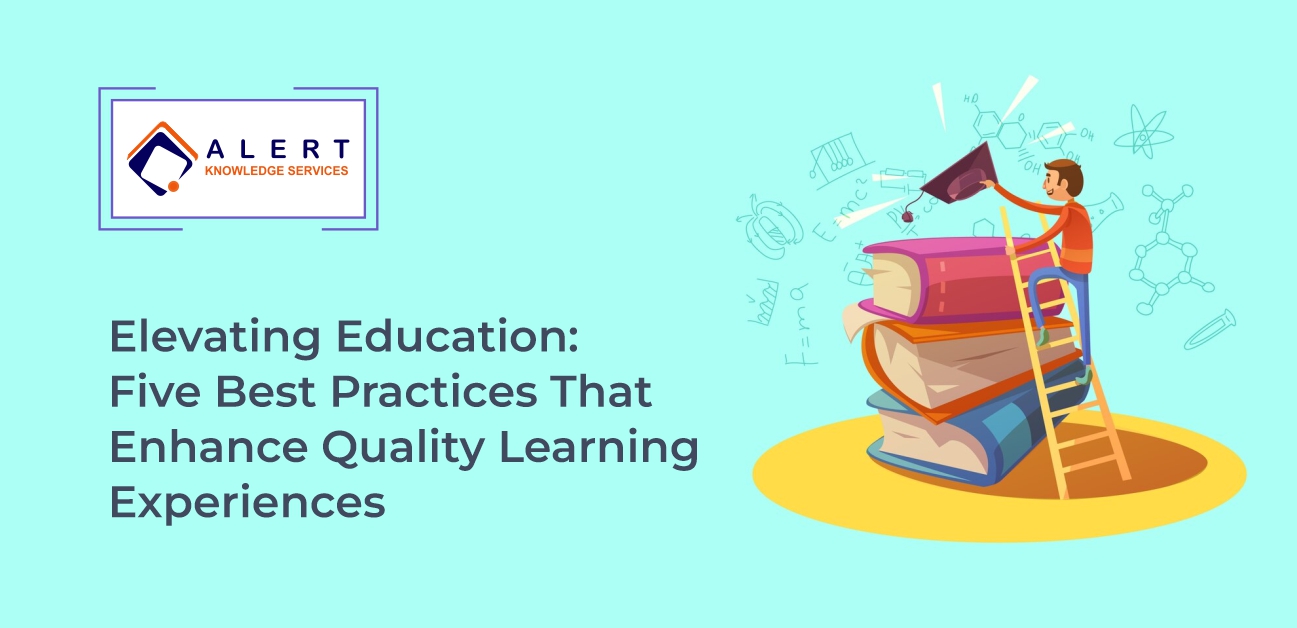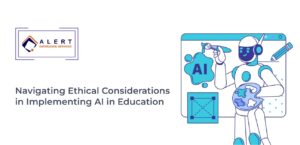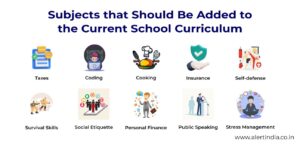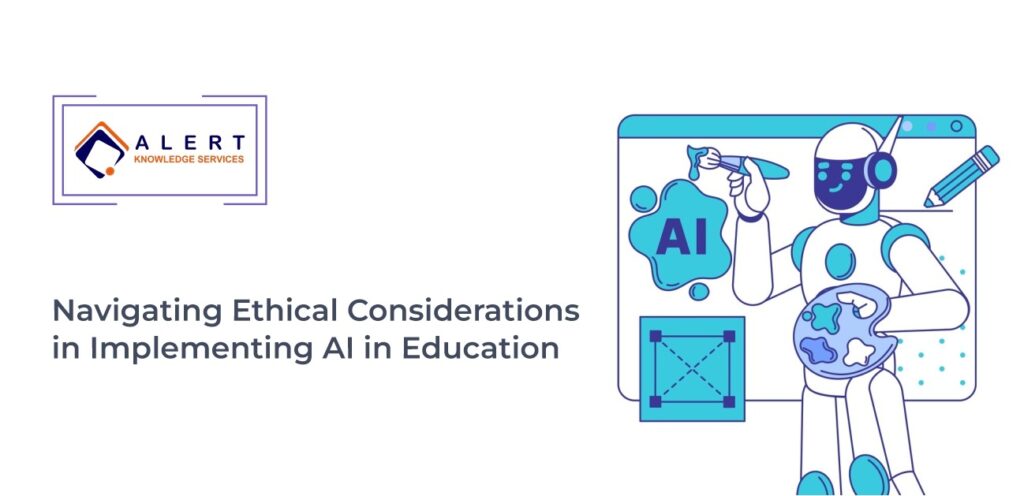Elevating Education: Five Best Practices That Enhance Quality Learning Experiences
- 2 Minutes read
- Web Admin

Quality learning experiences are the cornerstone of effective education, providing students with the tools and knowledge they need to succeed in an ever-changing world. As educators, it’s crucial to adopt best practices that optimize learning outcomes and foster a culture of excellence in the classroom. In this article, we will read about five research-backed strategies that have been shown to enhance the quality of learning experiences for students across diverse educational settings.
Personalized Learning
Personalized learning tailors’ instruction to meet the individual needs and preferences of each student. By leveraging technology, data analytics, and flexible teaching methods, educators can create customized learning pathways that cater to students’ unique learning styles, interests, and pace of learning. Research indicates that personalized learning leads to increased student engagement, motivation, and academic achievement.
Active Learning
Active learning encourages students to actively participate in the learning process through hands-on activities, discussions, problem-solving tasks, and collaborative projects. By moving away from passive listening and rote memorization, active learning promotes deeper understanding, critical thinking skills, and long-term retention of knowledge. Studies have shown that active learning methods improve student comprehension, confidence, and overall learning outcomes.
Formative Assessment
Formative assessment involves ongoing, real-time feedback that informs instructional decisions and supports student learning progress. By assessing student understanding throughout the learning process, educators can identify misconceptions, adjust teaching strategies, and provide targeted interventions to address individual learning needs. Research suggests that formative assessment enhances student learning outcomes by promoting self-regulation, reflection, and continuous improvement.
Culturally Responsive Teaching
Culturally responsive teaching recognizes the diverse cultural backgrounds, identities, and experiences of students and incorporates them into the curriculum and instructional practices. By fostering an inclusive and culturally affirming learning environment, educators can promote equity, empathy, and respect for all students. Studies have demonstrated that culturally responsive teaching leads to greater student engagement, academic achievement, and socio-emotional well-being.
Integrative and Interdisciplinary Approaches
Integrative and interdisciplinary approaches integrate multiple subjects, perspectives, and skills to address complex real-world problems and issues. By breaking down disciplinary boundaries and fostering connections between different areas of knowledge, educators can promote holistic understanding, creativity, and innovation. Research indicates that integrative and interdisciplinary learning experiences prepare students for success in the 21st-century workforce by developing critical thinking, collaboration, and problem-solving skills.
Enhancing the quality of learning experiences requires a commitment to implementing research-based best practices that prioritize student engagement, personalized instruction, and holistic development. By personalized learning, active learning, formative assessment, culturally responsive teaching, and integrative approaches, educators can create dynamic and inclusive learning environments that empower students to thrive academically, socially, and emotionally. As we continue to evolve in the field of education, let us remain dedicated to fostering excellence and innovation in teaching and learning for the betterment of all learners.
Categories
Archive
Recent Blogs
[eac_elementor_tmpl id=”4793″]
[eac_elementor_tmpl id=”3571″]







